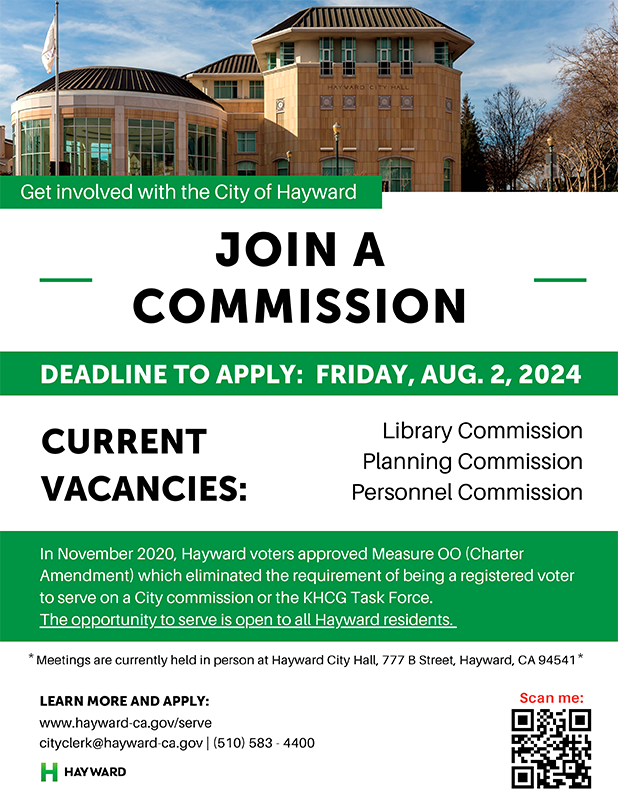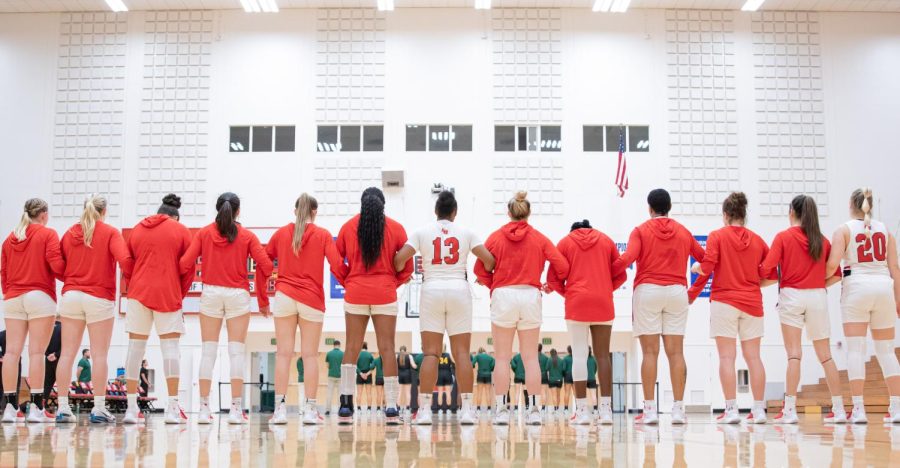Julie Williams vividly remembers her exposure to the toxic accident. She was living in Tormey, a little town located next to the gates of the ConocoPhillips refinery.
“I was only seven years old at the time and I remember hearing the loud sirens from the refinery. After that, I remember my family had to be evacuated from Tormey for five days,” she said.
Williams was hit in the toxic accident in 1994 that left many residents of Rodeo and Crockett with serious health issues.
After she was taken to the hospital, she suffered from asthma and a stripped vocal cord.
“A team from Texas had to wash down our houses and cars and told us not to eat any of the vegetables growing in our yards for at least a year,” Williams’ neighbor, Caroline Sanford, said.
Critically damaged, a legal battle soon followed.
“My mom had to fill out stacks and stacks of paperwork. They put you through a lot of paperwork to make sure that you worked for the money you were getting, but once my mom signed the papers, that was it, we never heard from them again,” Williams said. “They knocked down my house after we moved out, that’s probably what the refinery wants to do to the rest of the homes whenever someone moves out because Tormey is way too close to the refinery, and God knows what it would cost them if another accident happens. What if that toxic accident happens again? Then what are we going to do?”
Williams is not the only concerned resident here. Since the toxic accident in 1994, ConocoPhillips has paid $300,000 a year to the community as a part of their Good Neighbor Agreement.
But the agreement expired in January.
To date the oil company has refused to renegotiate their relationship with the community. For the past 15 years, ConocoPhillips has upheld their Good Neighbor Agreement, GNA, with Crockett, Rodeo and the John Swett Unified School District. The agreement, which mandated that the refinery give $300,000 to the community to help those suffering from the toxic accident.
“What if that toxic accident happens again?” said Julie Williams.
While others expressed concern over whether or not ConocoPhillips was complying with fence line monitoring. As a system put into the refinery, it would allow the community to see what goes on in the refinery. Community members say they are entitled to this, because of their waning trust from past accidents.
Unocal was once a global oil and natural gas company with one of its refineries sitting in the small town of Rodeo, Calif. Unocal eventually turned into Tosco, and became ConocoPhillips in 2001. A toxic accident in 1994 that caused Unocal $80 million in a suit over the recovery of the people exposed to the toxic. Between Aug. 22 and Sep. 6, 1994, Unocal exposed 6, 000 residents to an odorless chemical compound. According to Casper, Meadows, Schwartz, & Cook, the attorney firm that helped 600 plaintiffs attain their share of the $80 million settlement,
“Unocal management was fully aware of the dangerous problem and chose to ignore it in order to meet with production schedules.”
After the toxic accident, CMS&C discovered that, “The toxic exposure caused Plaintiffs serious medical problems, including asthma, chronic coughing, upper respiratory irritation, nausea, eye and skin irritation, and neurological problems such as memory loss.”
Unocal created the Good Neighbor Agreement in the aftermath of the 1994 accident. The agreement stipulated that the refinery was to give the community $300,000 annually to show that they are “good neighbors.” The $300,000 was split roughly between the John Swett Unified School District, the Crockett Community Foundation, and the Rodeo Municipal Advisory Council.
Mike McLaughlin, the current superintendant of the John Swett Unified School District believes the town still has good relationship with the refinery.
“The refinery was giving $100,000 to the school district every year,” McLaughlin said.
“And on top of that ConocoPhillips hosts a golf tournament every year that also gives us about $150,000 to add to it. We have a verbal agreement from ConocoPhillips that they will continue to give the schools $100,000 annually for however long they chose to do so.”
But because of the ownership change, McLaughlin confirms, “ConocoPhillips isn’t Unocal, they [don’t] have an obligation to give us money. They adopted the GNA and followed through with it until it was done, but I think if ConocoPhillips was to give money, they would want to put it into the schools and that’s exactly what they are doing,” he said.
A former member of the post-accident Community Advisory Panel (CAP) and a resident of Crockett for more than 20 years, a man (who wished to remain anonymous) voiced his concern over ConocoPhillip’s lack of cooperation. The CAP members says information is more important than money and agrees that the Fenceline Monitoring Project should continue.
“It is our right to know what they put into our air and a little cooperation from them is all we asked. It does cost them any money. All they needed to do was open up a little and give us information that we deserve to know. Now that they aren’t cooperating, it seems rather suspicious,” he said.
Rand Swenson, ConocoPhillips’ refinery manager, wrote the refusal letter of the re-negotiation of GNA stating that ConocoPhillips does their job to continue to keep the community safe and that the refinery works with CAP to make sure that they have a good relationship with the community and that all concerns are heard. Swenson says because of this, ConocoPhillips refuses to re-negotiate the GNA. The refinery feels it is not needed anymore.












